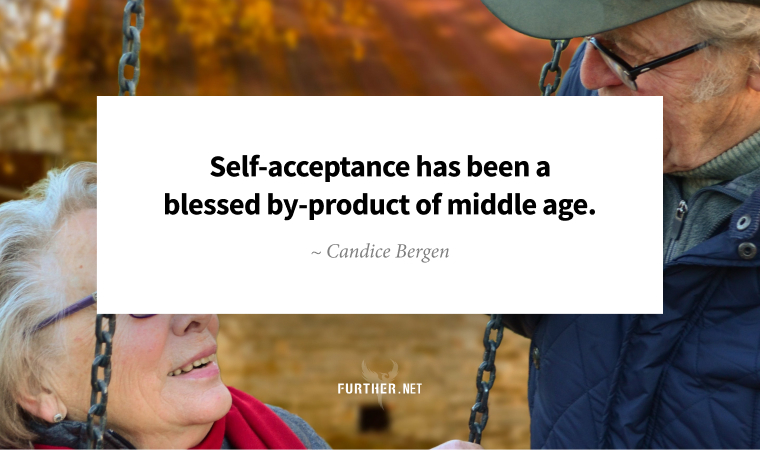
Did you know that by the time you’re middle-aged, you’re supposedly near or at peak self-esteem (60, according to research)? Recently, after blowing a pitch to an old colleague who’s now a ghostwriting agent, I had to remind myself of that stat. In five short minutes, I managed to bring up a sore spot, mangle my credentials, and use a slang word that offended her.
I want to say I quickly recovered from my gaffes, especially as someone with a stack of self-help books at her bedside and a consistent meditation practice aimed at ego dissolution. But it took a few days to rebound, which reminded me that self-acceptance is a lifelong pursuit.
If you’re like me, you might also find yourself wondering When and how will I ever be enough?
The Perfect Storm
In our age of social media, it’s not just children who are susceptible to its adverse impacts, from feeling inadequate to full-on anxiety and depression — we are, too. The siren song of perfection is amplified by your brain’s tendency to process things like embarrassment and shame as threats, activating the fight/flight/freeze/please response and pushing you to continuously try harder to do better.
This is why self-improvement is now a $13.4 billion market — and it’s also a good sign that if someone’s making that much money on your angst, it might be time to reframe what “self-improvement” means to you. If you want to move through the world with more resilience and grace, Dr. Jan Bonhoeffer advises an unconventional path to personal evolution:
There is transformative power in taking responsibility for your own shortcomings, breaking free from the shackles of societal expectations, and understanding that you are enough exactly as you are.
Now, isn’t that an improvement over our culture of “compare and despair”?
Enough is Enough
In the meditation I teach and practice, bliss is defined as a state where nothing needs to change for everything to be OK.
That sense of contentment can similarly be achieved in your day-to-day life through self-acceptance and by embracing your authentic self.
Authenticity involves aligning our actions with our values and beliefs, even if it means deviating from societal norms.
Some of the ways Dr. Bonhoeffer suggests living an authentic life includes cultivating self-compassion, using mindful reflection to get in touch with your values, leaning into your vulnerability, and challenging society’s expectations.
After my run-in with my old colleague and the imposter syndrome it brought up, I tapped into all those approaches. And when I finally let myself off the hook, I realized that was the perfect way to become a better me
The Unconventional Antidote to Self-Improvement (Psychology Today)
